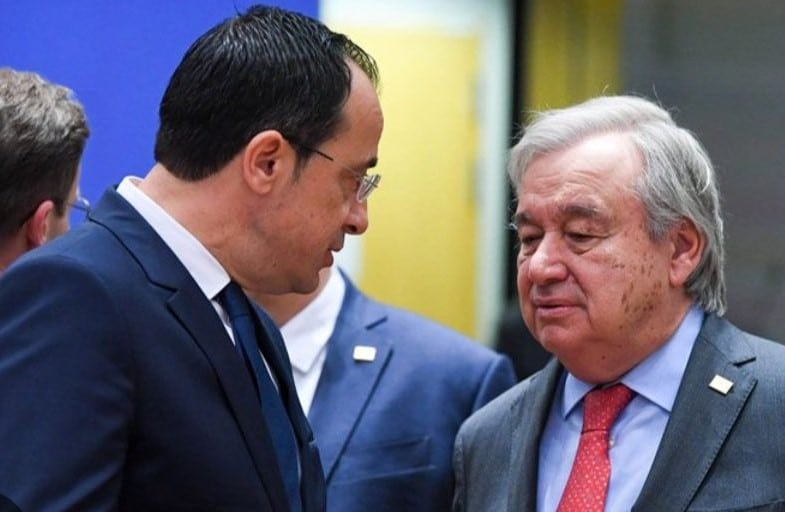It took the foreign ministry a week to respond to the draft report of the UN Secretary-General about the renewal of the Unficyp mandate. The time it took to issue a statement was much more of a surprise than its content. In fact, the content was exactly what was expected, complaining about the way the report presented Turkish violations in the buffer zone; it was something like a copy-paste job.
“Unfortunately, in all cases – including the case of the ongoing violation in Strovilia –a clear record of events is not achieved following a time-honoured trend [by the UN] of keeping equal distances.” We had not heard about Strovilia recently, which would suggest this was a violation from a long time ago that has not been resolved and has become a fixture in the UN report.
This criticism of the UNSG’s report has been made for 50 years by Cyprus governments, which obdurately refuse to accept that the UN peacekeeping force’s job is to try to stay on good terms with the two sides in a dispute because its objective is to help them reach an understanding. Pointing a finger at one of the sides will create more animosity and distrust, the last thing a force on a mission to keep the peace would want.
Our governments have never seen things in this way. They have always demanded that the UNSG censures the Turkish side in his report for any violations, regardless of the fact that they have nothing of practical import to gain from this. If in his latest report, the UNSG slammed the Turkish side for its actions in Pyla, Maria’s House in Ayios Dhometios and Dherynia what would the Cyprus government gain apart from an inconsequential moral victory that it could boast about in the local press?
The foreign ministry welcomed the expression of concern by the UNSG for the developments in the fenced-off area of Varosha “for which Turkey is responsible.” Everyone knows that Turkey is responsible for what is happening in Varosha. Does it have more significance because it was written in the UNSG’s report? Does it benefit in any way the Greek Cypriots that want to return and take back their property? Or would the Turkish occupation troops give Varosha back to the Greek Cypriots, because of a remark about their responsibility in the UNSG’s report?
These complaints about the UNSG’s reports have become a tradition, even though they change nothing. Perhaps the government feels it has a duty to put its objections on record, undeterred by the realisation that decades of doing so changes nothing. The UNSG will continue “keeping equal distances,” for as long he has to write a report about his Good Offices Mission and the renewal of the Unficyp mandate. Our concern should not be about the “equal distances,” but about the time when there will be no reports by the UNSG.







Click here to change your cookie preferences